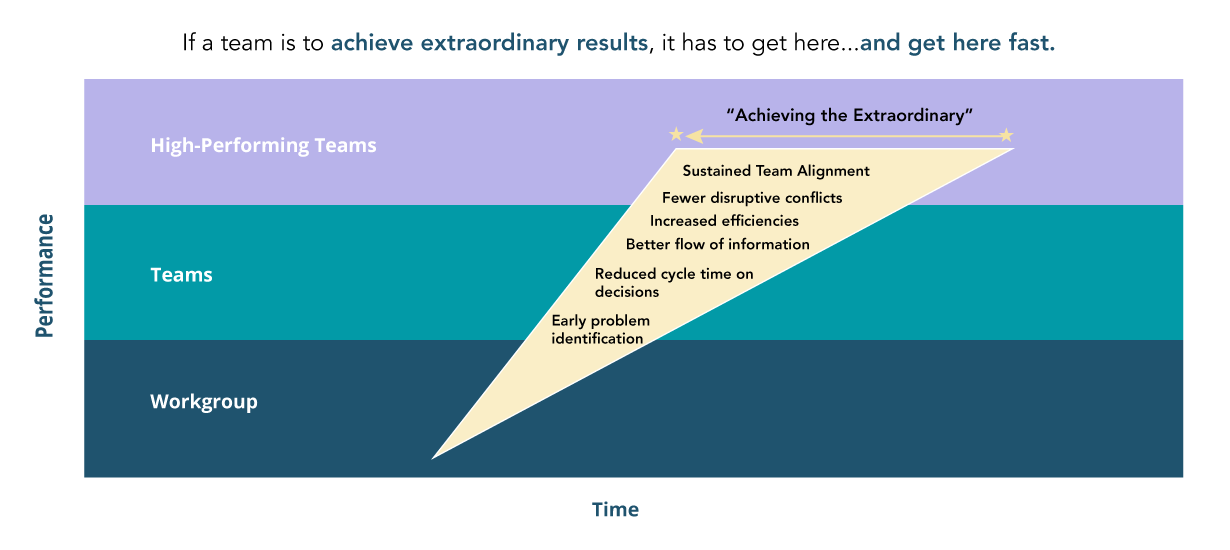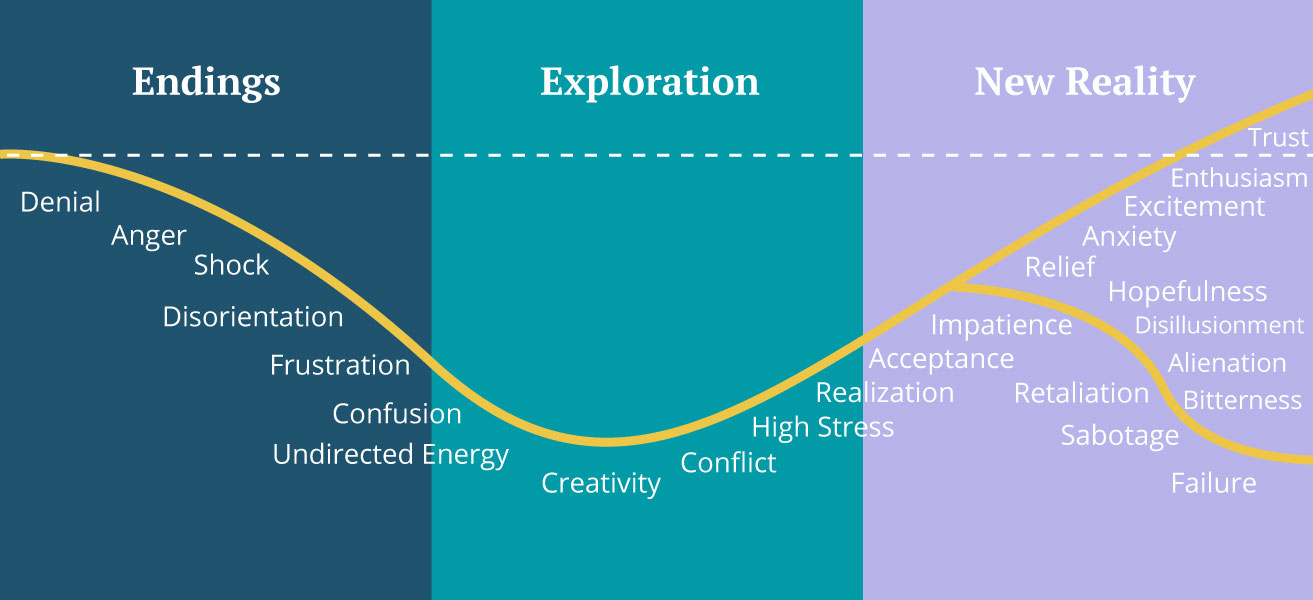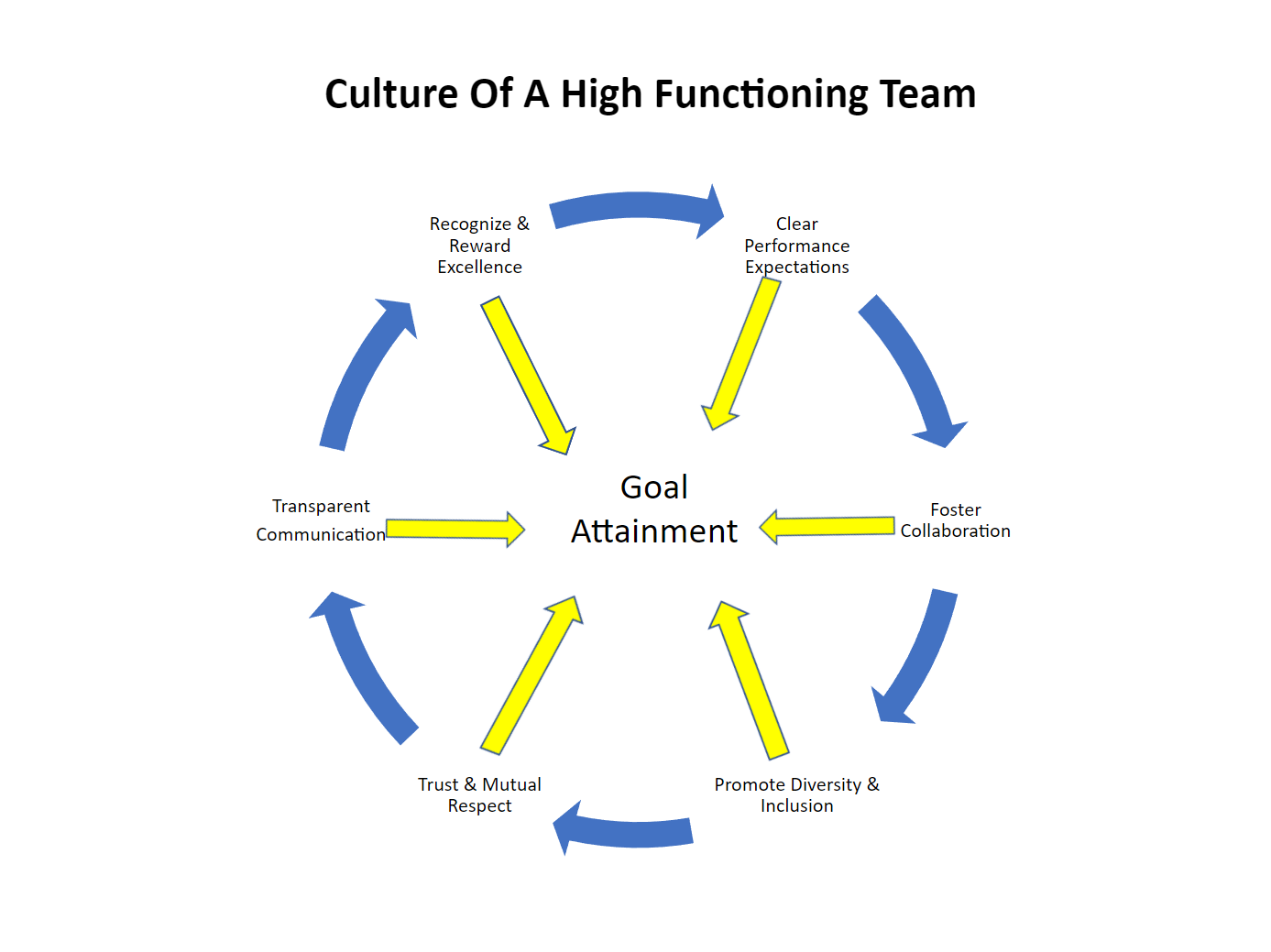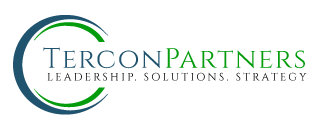TerconPartners – Your trusted Team Building Consultant
“There is no more powerful weapon in a company’s arsenal than a focused, aligned, and committed team.”
TerconPartners’s comment:
No matter which factors your company competes on—price, quality, customer service or innovation—a high-performing team can boost your competitive advantage.
As a Team Building Consultant for more than 30 years, TerconPartners has partnered with clients across six continents and multiple industry sectors to grow, nurture and sustain high-performing teams.


The journey from “a group of individuals” to an aligned and integrated “high-functioning team” is never a straight line. While helping hundreds of clients build and sustain high-performing teams as a team building consultant, TerconPartners has identified five factors that frequently prevent a team from achieving and or sustaining top quartile performance:
1.) poor quality of leadership, 2.) sustained misalignment, 3.) a low trust culture, 4.) on going unresolved conflicts, and 5.) unhealthy team dynamics.


The journey from “a group of individuals” to an aligned and integrated “high-functioning team” is never a straight line. While helping hundreds of clients build and sustain high-performing teams as a team building consultant, Terconpartners has identified five factors that frequently prevent a team from achieving and or sustaining top quartile performance:
1.) poor quality of leadership, 2.) sustained misalignment, 3.) a low trust culture, 4.) on going unresolved conflicts, and 5.) unhealthy team dynamics.
Top Teaming Challenges Today
In a matter of weeks, the pandemic separated people from their workplaces and routines, fragmented team cohesion, and dramatically increased stress levels of people across the globe.
Challenge # 1: How to retain and reengage team members during the transition to a hybrid work environment.
Three stages people go through when experiencing major change:

When moving through the morale curve, individuals vary in terms of the depth of their curve and as well as how quickly they progress to accepting the new reality.
Successful re-entry accelerates when these factors are present:
1.) Team members believe the organization intends to treat them fairly and will do its best to look out for their interests.
2.) Team managers acknowledge the impact of what members have experienced and the stress caused by future uncertainty.
3.) The team manager communicates a clear path forward for the near future that motivates and reengages the team members.
Top Teaming Challenges Today
In a matter of weeks, the pandemic separated people from their workplaces and routines, fragmented team cohesion, and dramatically increased stress levels of people across the globe.
Challenge # 1: How to retain and reengage team members during the transition to a hybrid work environment.
Three stages people go through when experiencing major change:

When moving through the morale curve, individuals vary in terms of the depth of their curve and as well as how quickly they progress to accepting the new reality.
Successful re-entry accelerates when these factors are present:
1.) Team members believe the organization intends to treat them fairly and will do its best to look out for their interests.
2.) Team managers acknowledge the impact of what members have experienced and the stress caused by future uncertainty.
3.) The team manager communicates a clear path forward for the near future that motivates and reengages the team members.
Challenge # 2: How to build a team culture that supports team member well-being, encourages knowledge-sharing and collaboration, and rewards excellence.
* Beyond good chemistry, exceptional teamwork requires frequent and open communication, a strong sense of purpose, camaraderie, and high trust.
* First the bad news: there are no quick, easy ways to establish a high-performing team culture.
* Now the good news: research confirms that teams solving problems collectively and sharing accountability for outcomes out perform those that rely solely on individual decision-makers.
Challenge # 2: How to build a team culture that supports team member well-being, encourages knowledge-sharing and collaboration, and rewards excellence.
* Beyond good chemistry, exceptional teamwork requires frequent and open communication, a strong sense of purpose, camaraderie, and high trust.
* First the bad news: there are no quick, easy ways to establish a high-performing team culture.
* Now the good news: research confirms that teams solving problems collectively and sharing accountability for outcomes out perform those that rely solely on individual decision-makers.

Challenge # 3: How to establish and maintain trust within teams and between teams that must collaborate across organizational boundaries.
Mutual trust is the lynchpin of a
high-performing team.
Definition: Mutual trust is defined as having the confidence that neither party will intentionally exploit the other’s vulnerabilities.
Mutual trust is not just nice to have, it is the starting and ending point of effective teamwork – especially in a hybrid work environment.
“For teams to communicate in ways needed for true teamwork to occur, a solid foundation of trust must be built.”
—Stanley McChrystal, “Team of Teams: New Rules of Engagement for a Complex World.”

Why do some teams thrive while others spiral into dysfunction?
TerconPartner’s recent research found that struggling teams have three characteristics in common:
- Their primary mode of communication is digital.
- Their communication focuses on prioritizing work and improving efficiencies. The human dimensions of teaming including establishing effective interpersonal communication and building collaborative working relationships are absent.
- The lack of strong interpersonal connections creates a low trust/low collaboration team culture and the result is often subpar performance.
A practical tool for quantifying trust in business relationships.
“The Quality of Team Trust Index™”
This performance diagnostic measures current levels of trust:
- Within a specific team,
- Between two or more teams,
- Between individuals,
- Between organizations.
The index contains twenty statements within four dimensions of trust. Participating teams have the option of adding three customized open-ended questions.
Leading Multicultural Teams
Why do some teams thrive while others spiral into dysfunction?
TerconPartner’s recent research found that struggling teams have three characteristics in common:
- Their primary mode of communication is digital.
- Their communication focuses on prioritizing work and improving efficiencies. The human dimensions of teaming including establishing effective interpersonal communication and building collaborative working relationships are absent.
- The lack of strong interpersonal connections creates a low trust/low collaboration team culture and the result is often subpar performance.
A practical tool for quantifying trust in business relationships.
“The Quality of Team Trust Index™”
This performance diagnostic measures current levels of trust:
- Within a specific team,
- Between two or more teams,
- Between individuals,
- Between organizations.
The index contains twenty statements within four dimensions of trust. Participating teams have the option of adding three customized open-ended questions.
Leading Multicultural Teams
What our Clients are Saying
“Tercon facilitators are experts in group dynamics and helping teams resolve difficult conflicts. I would recommend them to any organization that could benefit from strong third- party facilitation.”
– CEO, U.S. Energy Utility
“Our Sr. Leadership Team’s combative culture was affecting business results. Tercon’s coaching tools opened up communication and got the underlying issues on the table for resolution.”
– CEO, Global Equipment Manufacturing Company
“After transitioning to the hybrid business model, a competitive dynamic between some of our teams was noticeable. Tercon coached team managers on how to move teams from “It’s us vs. them” to “It’s all of us against the problem.”
– Executive Vice-President, Regional Financial Institution
TerconPartners’ Core Services as Leadership Training Consultants:
We help executives and senior leaders:
fine–tune skills in guiding change, coaching & developing people, building high-functioning teams, and managing multiple stakeholders.
For teams and team managers:
as leadership training consultants we offer individual and group coaching that develops skills for the hybrid environment including how to: 1.) Set clear direction, 2.) Build an inclusive team culture, 3.) Provide performance feedback and coaching, 4.) Resolve team conflict and disagreements.


 TerconPartners has worked as a team building consultant with over 30 global cultures providing executive coaching and team performance coaching for international law firms, the U.S. State Department, and Fortune 100 companies around the globe. A primary strength of multicultural teams is their ability to bring different perspectives and experiences to problem-solving and decision-making. In addition to these benefits, multicultural teams present a challenge for those who manage them when there is conflict between members. If the conflict appears to be rooted in cultural differences, managers must decide whether to let members grow by working through it on their own, or whether to make a coaching intervention to mediate the resolution.
TerconPartners has worked as a team building consultant with over 30 global cultures providing executive coaching and team performance coaching for international law firms, the U.S. State Department, and Fortune 100 companies around the globe. A primary strength of multicultural teams is their ability to bring different perspectives and experiences to problem-solving and decision-making. In addition to these benefits, multicultural teams present a challenge for those who manage them when there is conflict between members. If the conflict appears to be rooted in cultural differences, managers must decide whether to let members grow by working through it on their own, or whether to make a coaching intervention to mediate the resolution.